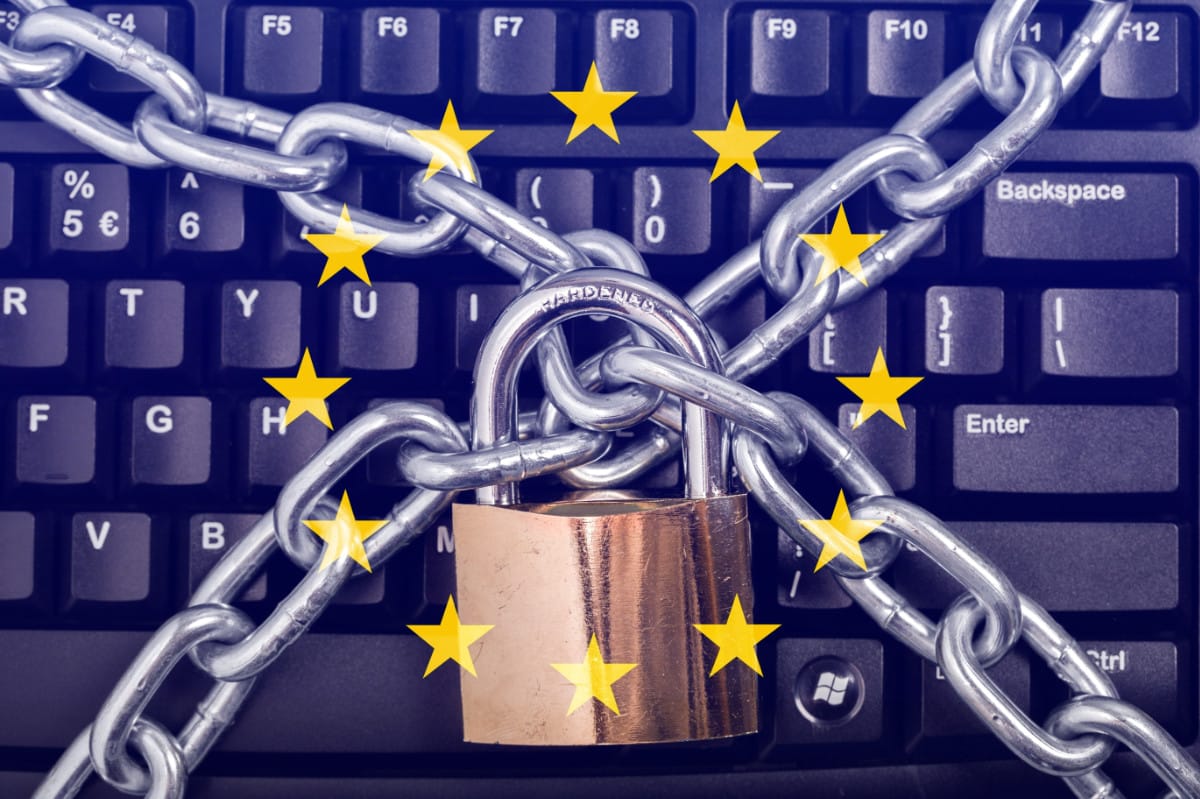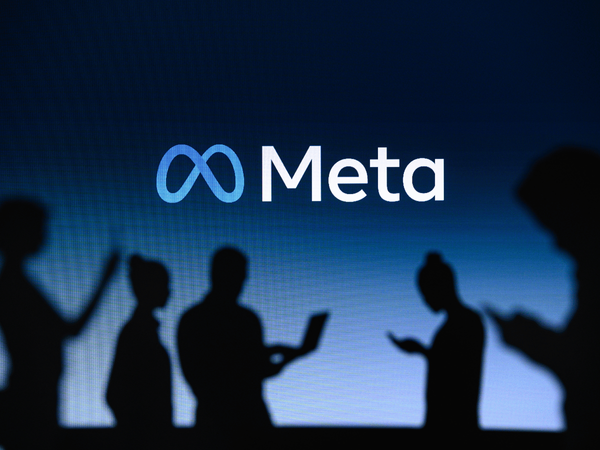Navigating the Digital Markets Act: Impact on Social Media Usage in Europe

In an age where digital giants dominate our online experiences, the need for regulation has never been more apparent. The European Union has taken a significant step towards taming the digital wild west with the introduction of the Digital Markets Act (DMA). In this blog post, we'll explore the DMA's provisions and its potential impact on social media usage across Europe.
Understanding the Digital Markets Act (DMA)
The DMA is a landmark legislation designed to regulate digital markets effectively. Its main objective is to create a more level playing field and curb the excesses of tech giants, giving smaller businesses the opportunity to expand their reach on social media platforms without having to compete aggressively with tech giants. Key provisions include market definitions, gatekeeper criteria, and rules against prohibited practices, all backed by stringent enforcement mechanisms. This helps small businesses have a fighting chance to promote and reach other market segments that otherwise would have been dominated by tech giants.
The European Social Media Landscape
Before delving into the DMA's impact, let's set the stage by understanding the European social media landscape. Europe boasts a vibrant social media user base with unique trends and preferences. Platforms like Facebook, Instagram, Twitter, and others have established dominance, but not without raising concerns regarding data privacy, misinformation, and monopoly power.
Impact of the DMA on Social Media
Increased Competition:
The DMA aims to open up the digital market, providing smaller players with opportunities to thrive. This means smaller firms will directly compete with other small firms rather than competing against big tech companies. The DMA is meant to give smaller businesses a fighting chance by creating a healthy mix of competitors in a shared industry or niche.
Data Portability and Interoperability:
Users will gain more control over their data, while the DMA promotes innovation by facilitating data sharing and interoperability. This means users will have more control and say over their personal data rather than simply being at the mercy of big tech. If this type of regulation cannot be followed, then a platform will not be able to operate within Europe. This is evident with the lack of Threads being available to users located in the EU. Due to not being transparent or even decided on data sharing of users, it is unclear as to whether if or when the platform may be available to EU users. For now, it seems highly unlikely.
Prohibited Practices and Implications:
Unfair practices like self-preferencing will be closely monitored and penalized, potentially leveling the playing field for all players. This promotes the practice of being fair and objective. Big companies will not be able to just self-preference their services or products (similar to what Google does when it mainly promotes its services as Ads on a search page), giving smaller companies and businesses the opportunity to promote their services and products instead.
Changes in User Experience:
The DMA may impact user data privacy, content moderation, and algorithm-driven content recommendations. Some users may find this to be a plus since many have felt the heavy hit of these types of things has impacted their reach to their audience or fellow users. Unfortunately, others may be wary since the DMA can be seen as an infringement on freedom of speech since it means the legislation would look to remove harmful content quickly and efficiently. The biggest question to ask is what type of content would be labeled as harmful, and what is the criteria for content to be considered as such?
Responses and Reactions
Social media platforms are actively responding to the DMA. Compliance challenges and adaptations are being explored, while user opinions vary from privacy concerns to hopes for improved online experiences. European regulators are set to play a vital role in enforcing DMA provisions. The reactions are to be expected due to the nature of what the DMA is meant to target and do. Every new process is always met with some skepticism, but as the DMA becomes more and more established, we may see some of the critiques change.
Challenges and Controversies
The DMA isn't without its fair share of challenges and controversies. Balancing regulation with innovation remains a concern, as does the potential impact on tech startups. Implementing such a complex regulation poses both legal and practical hurdles, and its global repercussions are worth monitoring. One major thing to wonder about is who will monitor and what will be monitored. Whenever we hear that we are being monitored, we get skeptical and concerned, so those challenges and controversies are not without merit.
DMA is a Game Changer
The DMA is a monumental step towards taming the digital giants and ensuring a fair digital market in Europe. As it takes effect, its impact on social media usage and the broader digital landscape will become increasingly evident. The point is to make smaller firms and businesses more prevalent while also minding data sharing and other sensitive topics. Monitoring and adaptation will be crucial in navigating this evolving regulatory landscape as we strive for a more balanced and user-centric online world. While the DMA is looking to even the playing field for the digital space, it is not without its caveats. Many critics and skeptics of the DMA have worried about who will monitor and adapt the DMA, what criteria content needs to have to be labeled as “harmful,” and in what ways this will affect freedom of speech. While the sentiment behind the DMA is meant to be helpful, it is still too early to tell just how helpful it will be.
What are your thoughts on the Digital Markets Act (DMA)? Let us know! Comment or email us.





